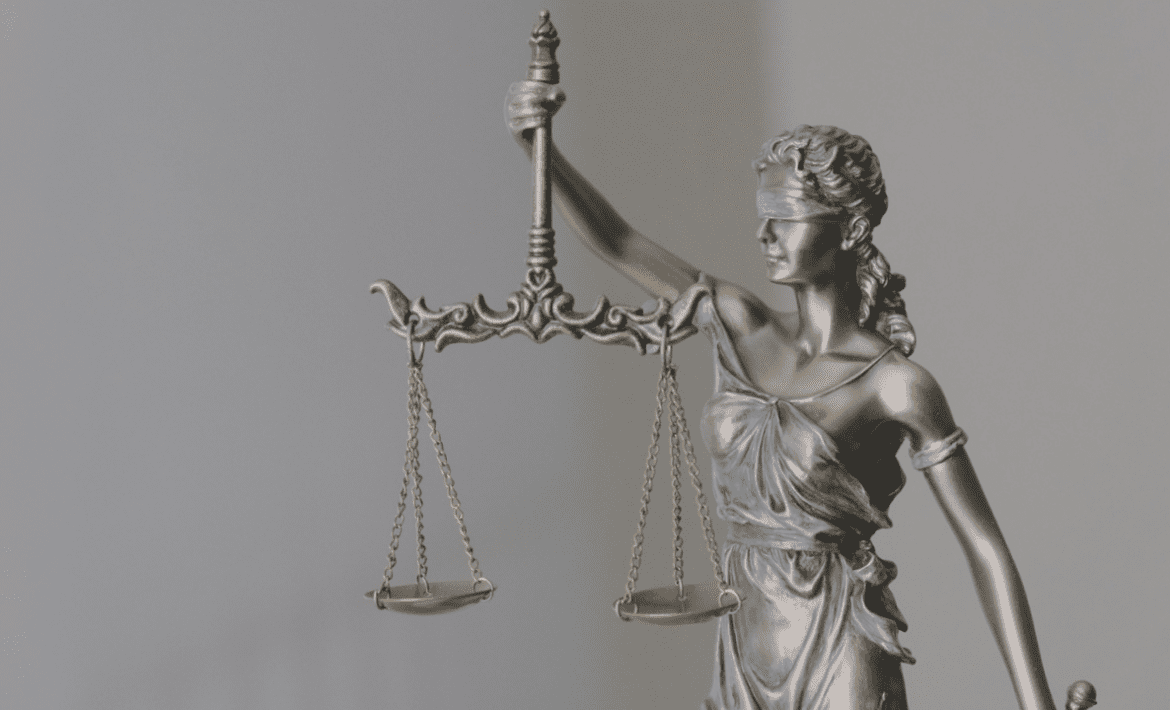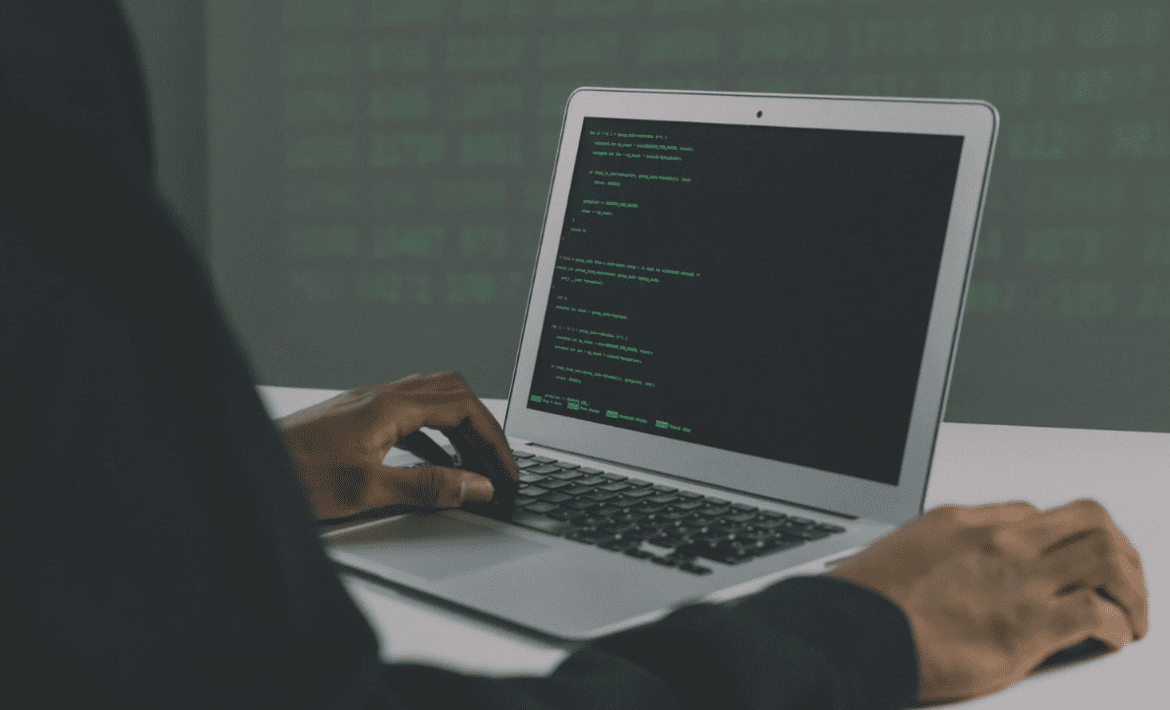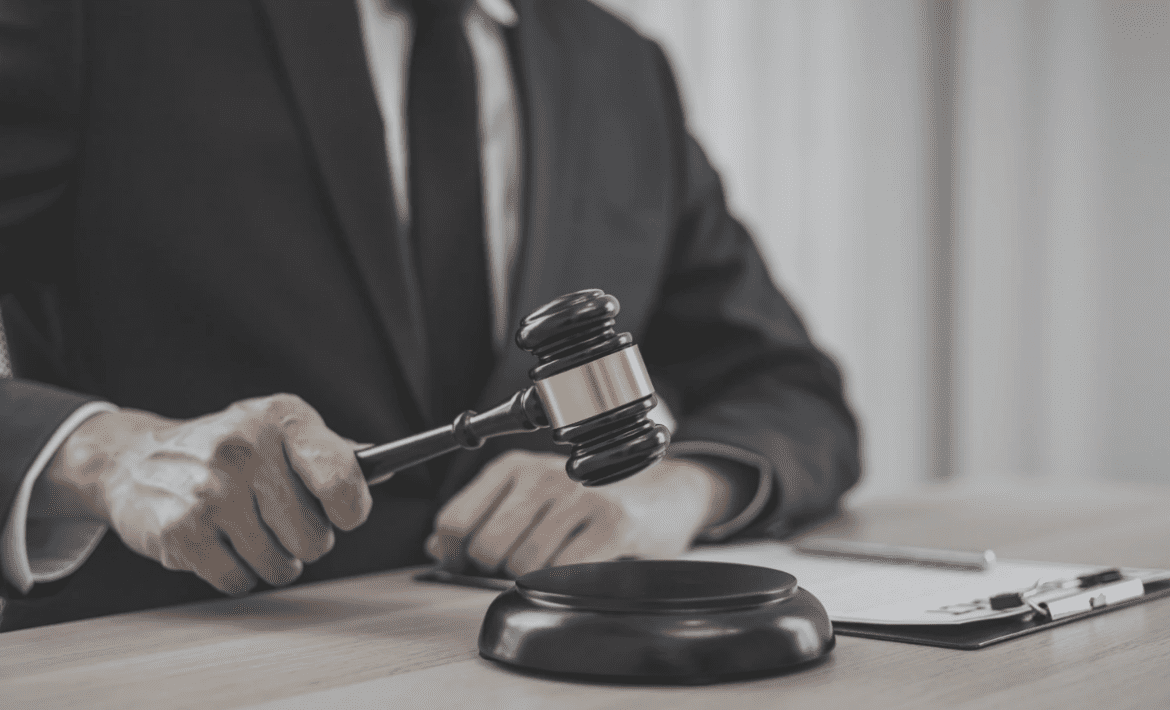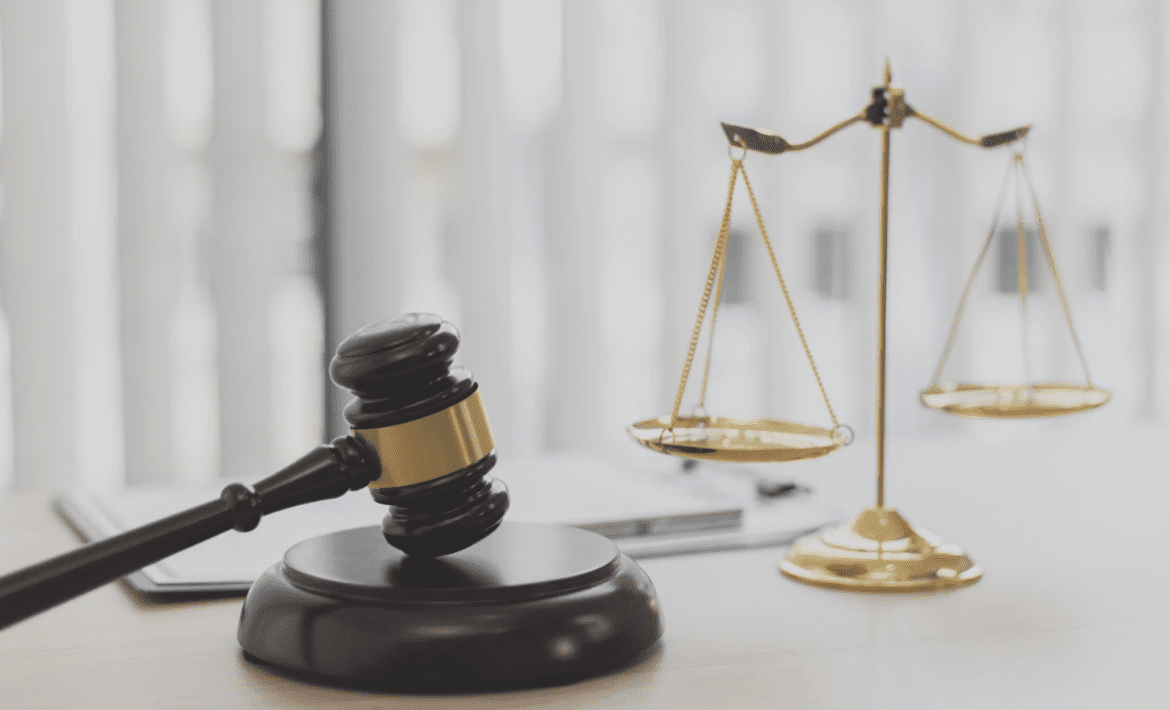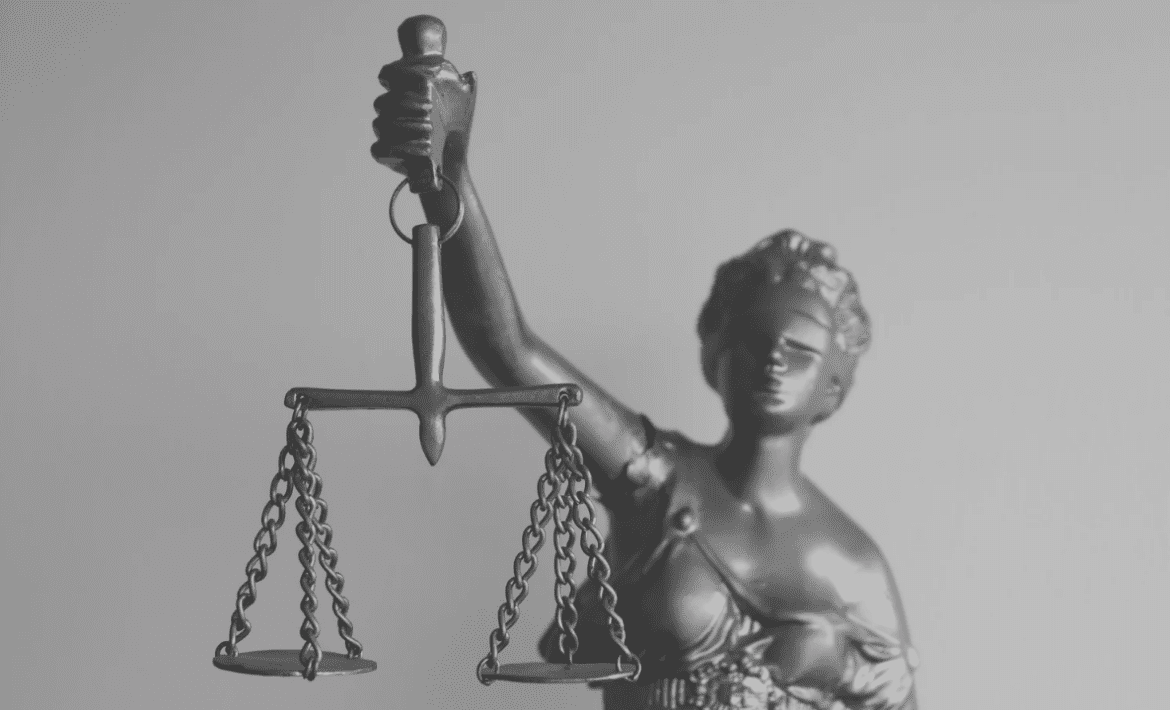AI action plan outlined by CNIL
The French data protection authority, CNIL has outlined an AI action plan to guide businesses and organisations that are developing AI systems. The French data protection authority, CNIL, has published a strategic plan on artificial intelligence (AI) to provide guidance to businesses and organisations that are developing AI systems. The plan outlines the principles



